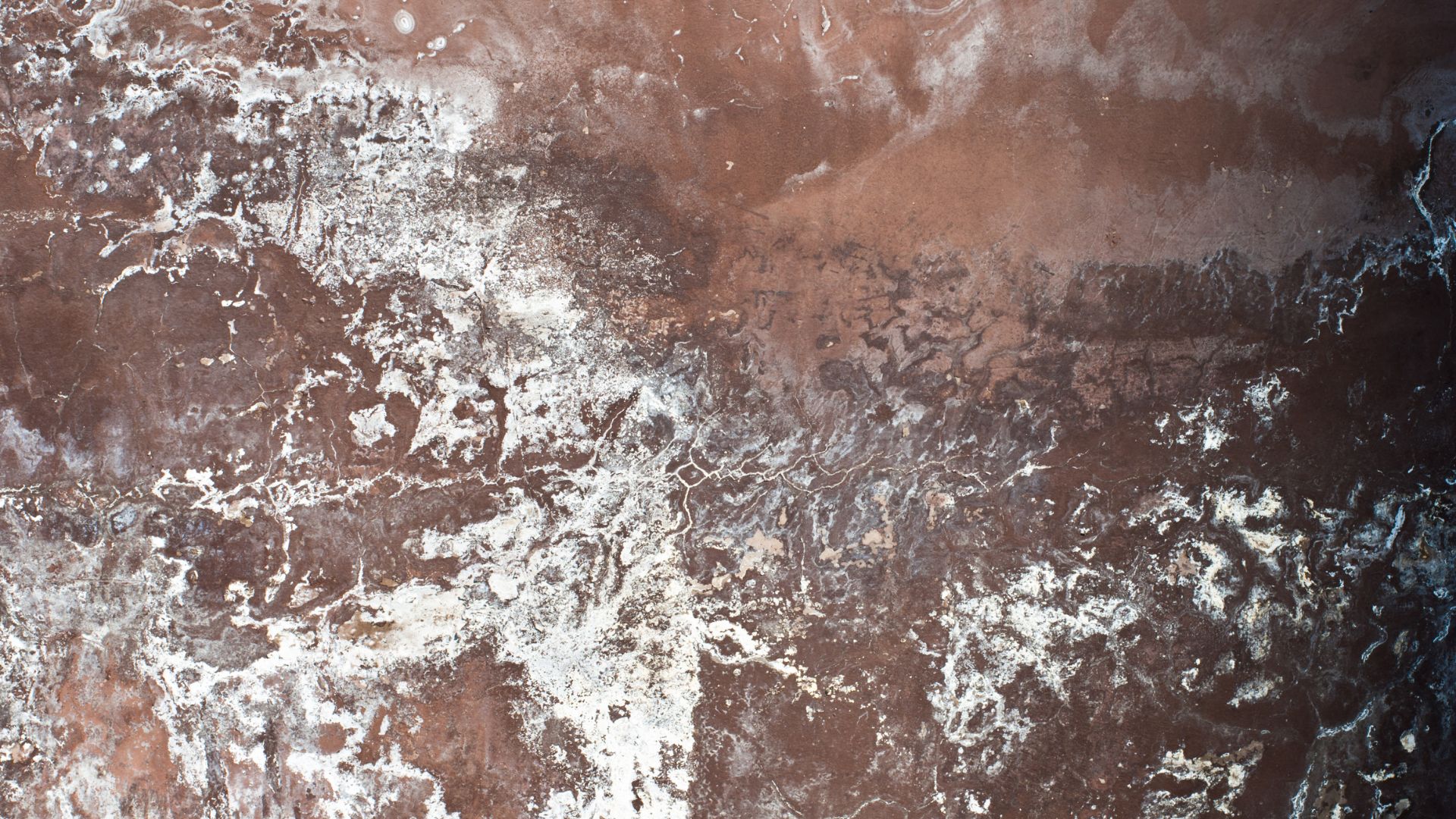Mold comes in many shapes and colors, but did you know that there is a type of mold that is white? White mold, also known as Aspergillus, is a type of fungus that can cause respiratory problems. Organisms such as mold and fungus can wreak havoc in your home if left unchecked.
People often confuse white mold with mildew, which is also a type of fungus. Although white mold and mildew may look alike, they affect the body differently. Mildew is more common in wet climates, while white mold prefers warmer temperatures and high humidity levels.
Read more: Mold vs. Fungus: Their Similarities and Differences
Here, we will discuss what white mold is, its health effects, and how you can safely remove it from your home.
What Is White Mold?
White mold is a fungus that can grow in areas with excessive moisture and humidity. White mold looks like a white, fuzzy material and often appears on organic materials such as wood, paper, insulation, drywall, wallpaper, or other cellulose-based materials. It may also appear in damp corners of rooms or around windows and doors.
What Are the Common Causes of White Mold?
White mold is a type of fungus which thrives in damp and humid environments. Common causes of white mold can include:
a) Leaky pipes, windows, or roofs:
When there is a leak in the home, it can allow moisture to accumulate in areas that may not usually be damp. This provides an ideal environment for white mold to thrive.
b) Insufficient ventilation:
Poor air circulation and ventilation can cause excess humidity and moisture in the home. This will create an environment that is favorable for white mold to grow.
c) Flooding:
When flooding occurs, it can create a perfect environment for white mold growth.
d) Improperly maintained HVAC systems:
If the insulation and filters of an HVAC system are not regularly checked and changed, they can become saturated with moisture, creating a perfect environment for white mold.
How To Identify White Mold?
White mold is identified by its color, usually white or grayish. It can also have a powdery or fuzzy texture. Other signs of white mold include unpleasant musty odors, water spots on walls and ceilings, discolored patches on walls and floors, and black spots on wood surfaces. Efflorescence, a white powdery substance found on basement walls, indicates white mold growth.
How Does White Mold Affect Your Health?
White mold can cause various health problems, from mild symptoms like hay fever and sneezing to more severe issues such as respiratory infections and skin problems. When exposed to the spores of white mold, some people may experience allergic reactions, including runny noses, watery eyes, coughing, wheezing, and difficulty breathing. Those with respiratory conditions, such as asthma, may be particularly vulnerable to the effects of white mold.
Long-term exposure can also lead to breathing problems and other illnesses. It is essential to take action as soon as you notice any signs of white mold in your home or office to prevent potential health risks.
White fluffy mold is dangerous and should be taken seriously. For expert mold removal in Atlanta, contact Mold-B-Gone Remediation Services. We have the experience and knowledge to resolve your mold concerns effectively.

